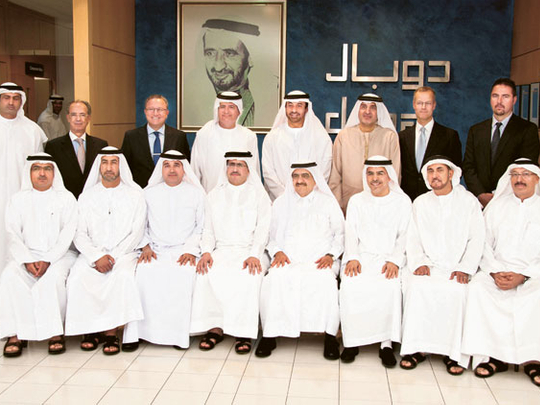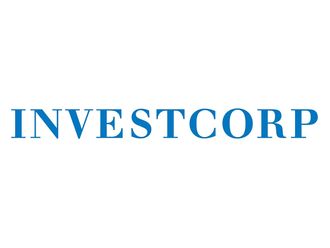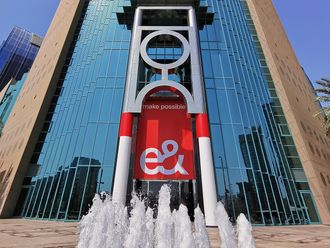
Dubai: State-owned aluminium smelter Dubai Aluminium Ltd (Dubal) said it achieved a 65 per cent jump in net profit to Dh3.51 billion last year, up from Dh2.12 billion in 2010, despite the slowdown in the global economy.
Gross sales revenue grew 28.5 per cent year-on-year to Dh11.14 billion from Dh8.67 billion in 2010, the company said in a statement yesterday.
Dubal began operating in 1979 with an initial production capacity of 135,000 metric tonnes per annum. The company has since undergone a series of major expansions, together increasing the production capacity of Dubal's Jebel Ali plant more than seven-fold to more than one million metric tonnes per annum. Dubal produced 1,014,795 metric tonnes of hot metal in 2011.
The result shows that the company has turned 31.5 per cent of gross sales revenue into net profits, thereby remaining one of the most profitable corporations in Dubai's portfolio.
"Dubal's leading position is further affirmed by compound annual revenue and profit growth rates from 1996 to 2011 of 13 per cent," Shaikh Hamdan Bin Rashid Al Maktoum, Deputy Ruler of Dubai, UAE Minister of Finance and Chairman of the Dubal board, said after chairing its annual general meeting.
"The recent announcement on increasing the contribution of the industrial sector in the UAE's gross domestic product (GDP) from the current 14 per cent to 25 per cent in 15 years is highly appreciable," Niju V. Deputy director, Automation and Electronics Practice, South Asia and Middle East, Frost & Sullivan, said.
"The UAE has traditionally focused on financial services, tourism and trading and less on industrial manufacturing. This move to increase the focus on industrial activities is also aligned with other countries in the Gulf Cooperation Council (GCC) that have decided to expand their horizon beyond Oil and Gas based industries."
‘Cash generation'
Abdullah J.M. Kalban, president and chief executive of Dubal, said Dubal's achievements in 2011 reflect a combination of higher production and sales volumes, plus the benefit of higher aluminium prices.
"It's also important to note that the improvement in Dubal's net profit was partly attributable to our company's share in the profits of Emirates Aluminium (EMAL), which amounted to Dh622 million in 2011 during its first full year of production, whereas 2010 was still impacted by pre-operating expenses and costs that could not be capitalised contributing to the loss of Dh208 million. Reducing budgeted capital expenditures and maintaining tight working capital control contributed significantly to achieving improved cash generation from operating activities and free cash flow.
"This provided support to maintain a very strong balance sheet for Dubal," said Kalban.
In terms of foreign investment to secure raw material stocks, good progress was made during 2011, the statement said.
"Dubal is currently engaged in strategic upstream bauxite/alumina projects in Brazil, Republic of Guinea, and Cameroon, that are in various stages of development," it said.
Boost activity
In a recent report on aluminium production, research firm Deloitte said that the sector would seriously boost economic activity in the region.
"The region's aluminium industry as a whole is conducive to investment given the availability and affordability of power and labour. In times when increasing costs are becoming critical for more and more primary producers around the globe, the Gulf presents a viable and attractive venue for investment in aluminium production across the entire industry's value chain," research firm Deloitte said in its latest report on aluminium production.
"Furthermore, the GCC smelters are evaluating and studying future expansion plans to increase their global production contribution to a cumulative capacity estimated at seven million tonnes per annum by 2020."
Mahmoud Daylami, Secretary General of the Gulf Aluminium Council (GAC), said: "The Gulf countries have become one of the main centres not only for production of primary aluminium for the world, but also poised for growth in downstream aluminium products to meet the regional and international market," Daylami said.












